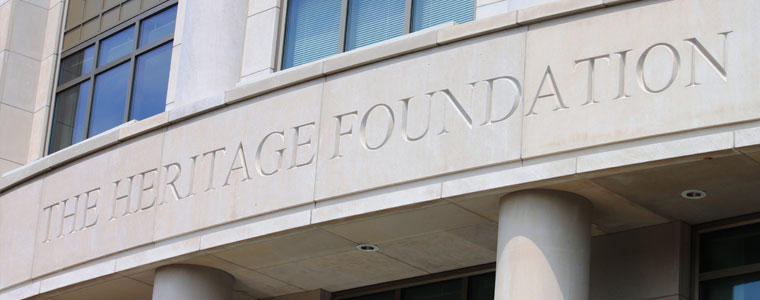After the 2014 Withdrawal: How to Sustain the Decade of Gains for Women in Afghanistan
This event was the first in a series on the issue of Afghan women that were co-hosted by The Heritage Foundation and USIP in 2013.

The United States Institute of Peace and the Heritage Foundation co-hosted Congresswomen Cathy McMorris Rodgers (R-WA) and Donna Edwards (D-MD), co-chairs of the Afghan Women’s Caucus, to speak about the gains Afghan women have made over the last decade and the challenges they face as U.S. and NATO forces withdraw. Following the Congresswomen’s remarks, an expert panel discussed the issue in its security context as well as the challenges of the NGO community in carrying on its work in the health, education, and political sectors.
We hope you joined us for this first exciting and timely event on Thursday June 6, 2013 from 2:00pm until 4:15pm at the Heritage Foundation.
Featuring
The Honorable Cathy McMorris Rodgers (R-WA)
and
The Honorable Donna F. Edwards (D-MD)
Co-Chairs of the Afghan Women’s Caucus, U.S. House of Representatives
Followed by a Panel Discussion with
Andrew Wilder, Ph.D.
Director, Afghanistan and Pakistan Program, U.S. Institute of Peace
Charlotte Ponticelli
Former Senior Coordinator for International Women’s Issues, U.S. Department of State
Hossai Wardak
Afghanistan Senior Visiting Expert, U.S. Institute of Peace
Lisa Curtis
Senior Research Fellow on South Asia, Asian Studies Center, The Heritage Foundation
Clare Lockhart
Chief Executive Officer, Institute for State Effectiveness
Kathleen Kuehnast, Ph.D.
Director, Center for Gender and Peacebuilding, U.S. Institute of Peace (Moderator)
Co-Hosted by
Phillip N. Truluck
Executive Vice President, The Heritage Foundation
and
The Honorable Jim Marshall
President, U.S. Institute of Peace



